
Plants help people and animals to live. Plants provide food for people to live. They also make oxygen. All people and animals need oxygen to breathe.

Plants need air, light, heat, water and soil.

Plants can grow in many different places.
Which do you think is best – a cold, dark fridge or a sunny windowsill?

Plants make their own food through a process called photosynthesis.

You can tell if a plant is healthy by looking at the way it grows and if the leaves are brown.
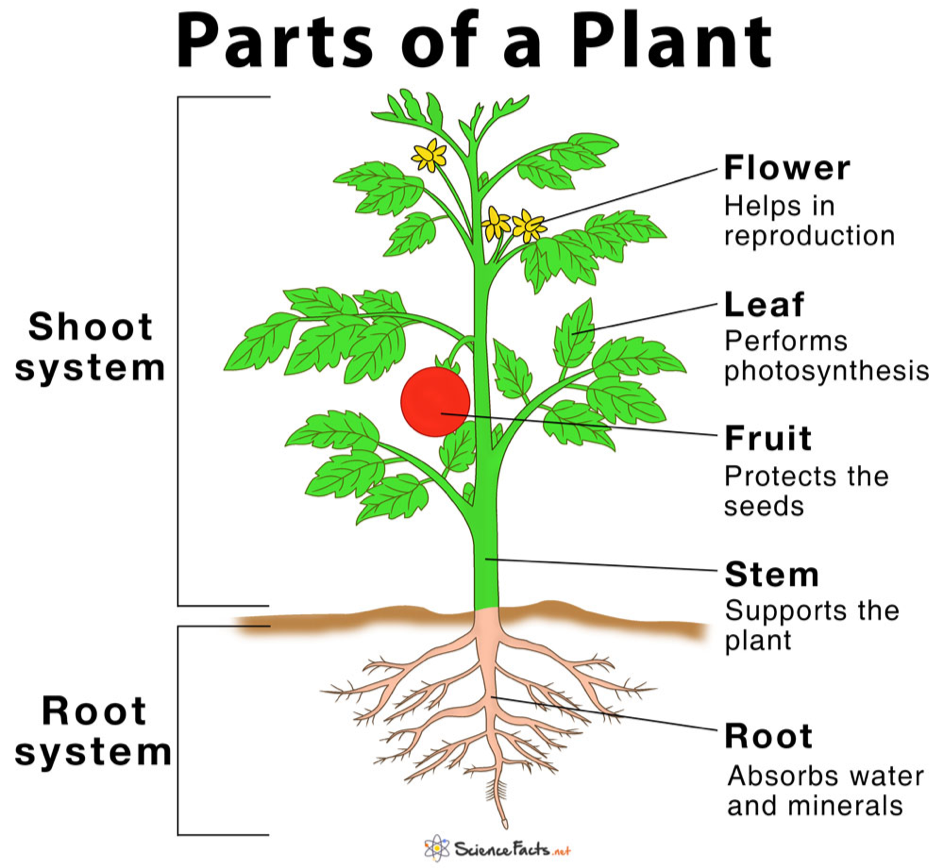
Bees and butterflies will land on the flower to feed, and some pollen might become attached to their body. When the insect moves to a different flower, the pollen on the insect’s body goes too. Some of the pollen will find its way into the stigma, which is the reproductive part of a plant. This will then help the plant reproduce.
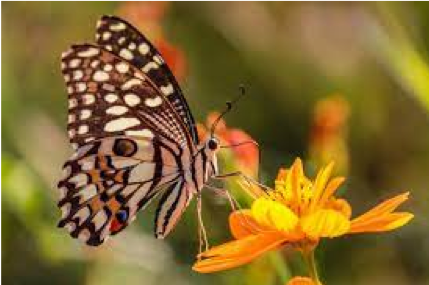
Flower petals are bright bold colours and some produce a pleasant scent.
This is the way the plant attracts pollinators.
Hazel, rowan and apple trees are just 3 examples of trees which produce flowers.
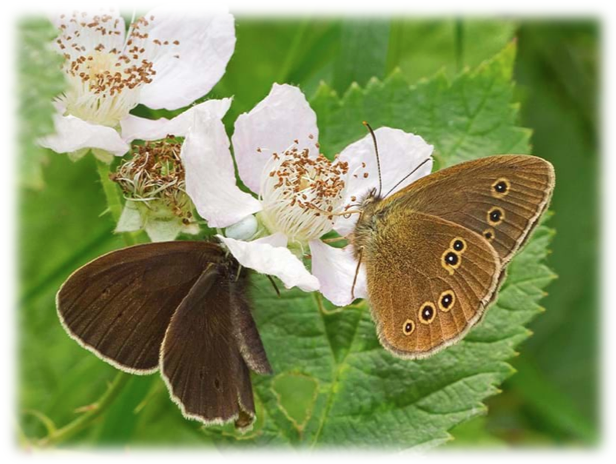
Conifer trees have cones rather than flowers. They reply on wind pollination, and maybe the occasional squirrel.
Bees eat pollen because it is high in proteins and sugar.
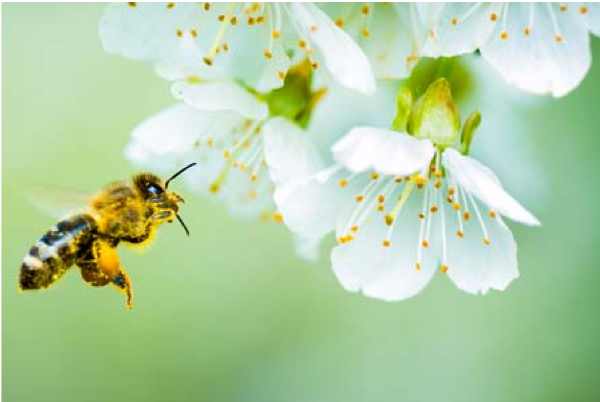
Bees and flowers
Lots of plants rely on insects like bees to reproduce.
To make a seed, a flower needs to be pollinated.
Lots of plants rely on insects like bees to reproduce.
To make a seed, a flower needs to be pollinated.

Some flowers give the bees a sugary reward called nectar too like honeysuckle.
It’s not just plants that need bees; we need them too.
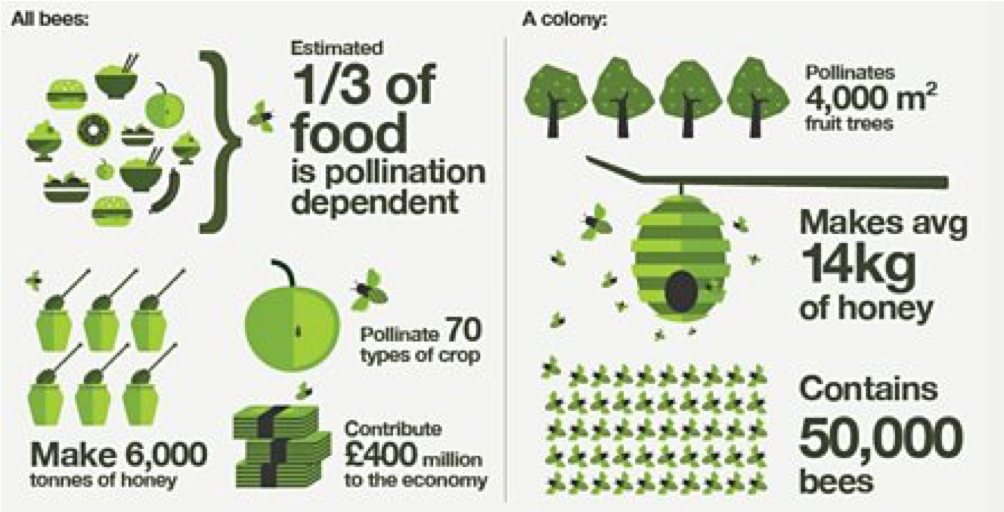
Without bees we’d have very little food.
Bees pollinate over 200 different species of fruit and vegetables that humans eat.
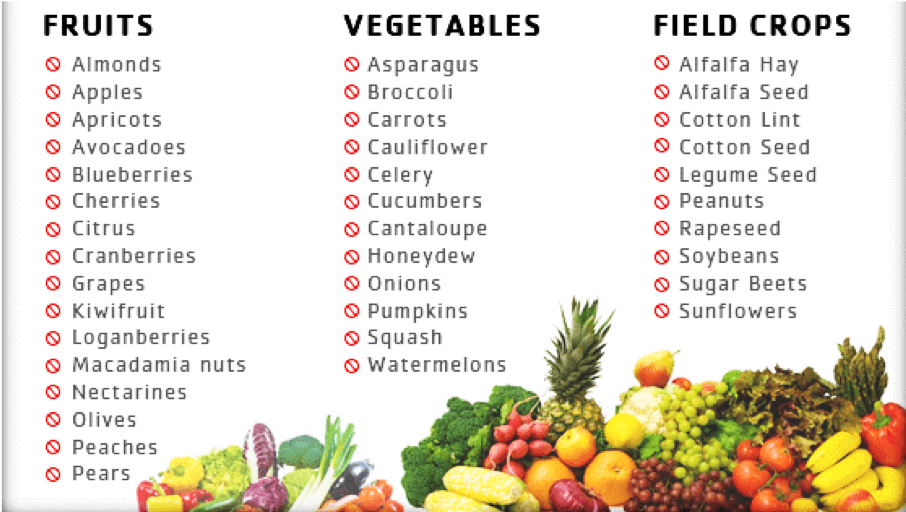
Photosynthesis is a reaction that takes place inside a plant.
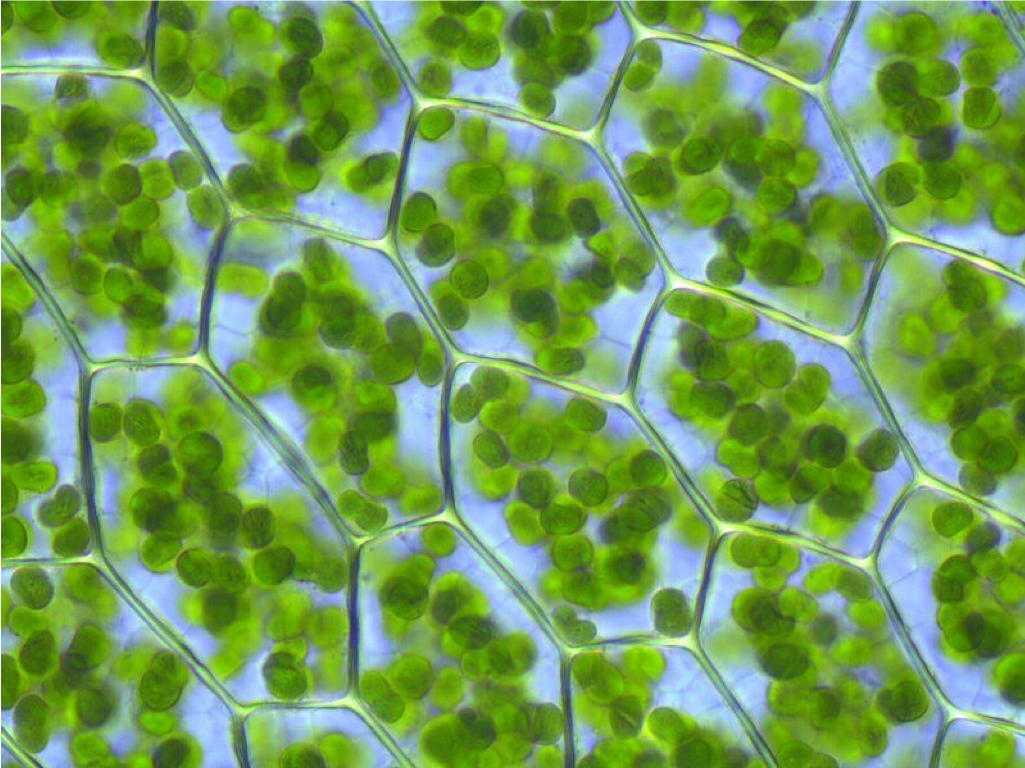
Photosynthesis takes place in the leaves of plants and trees.
Carbon dioxide, water and light are all needed for photosynthesis.
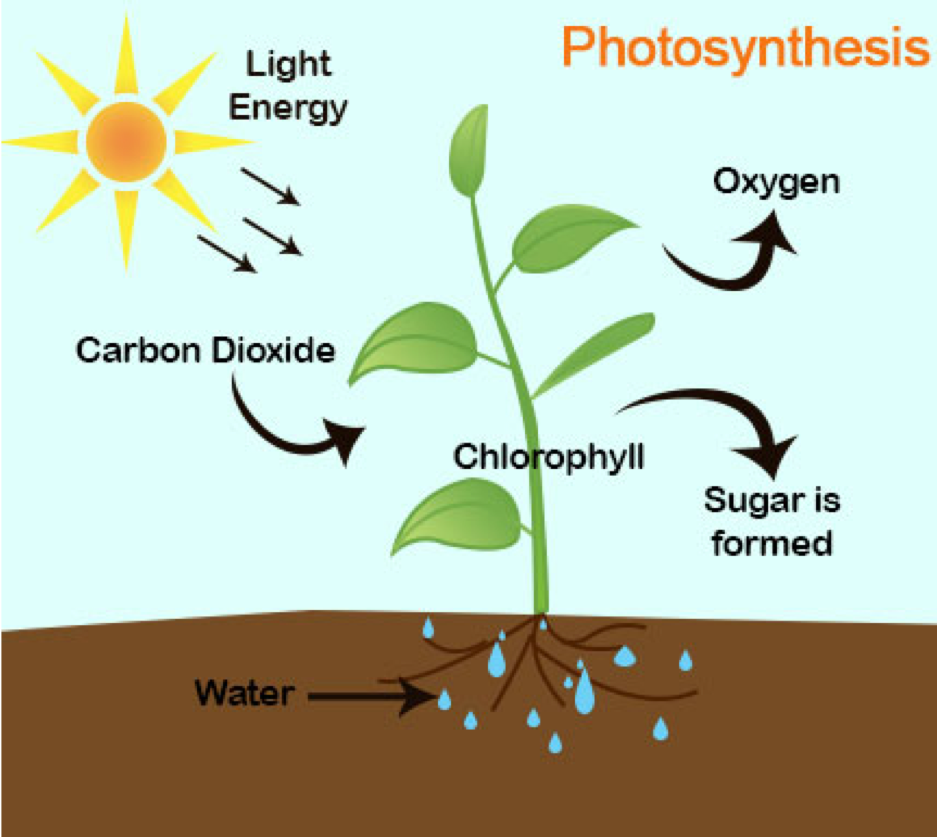
To help pollinators, we need to make sure they have places to live.
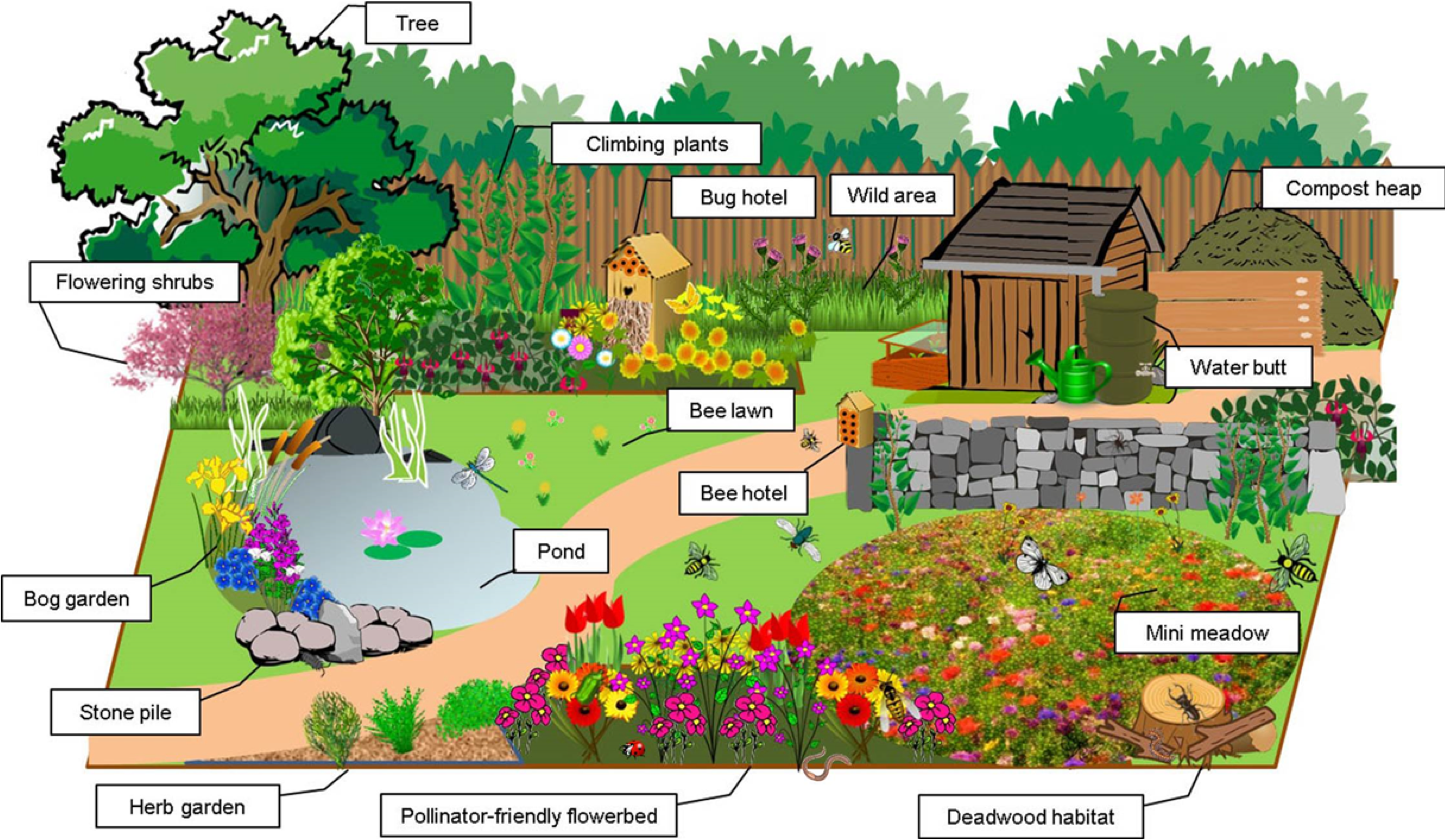
How pollinator-friendly is your garden?
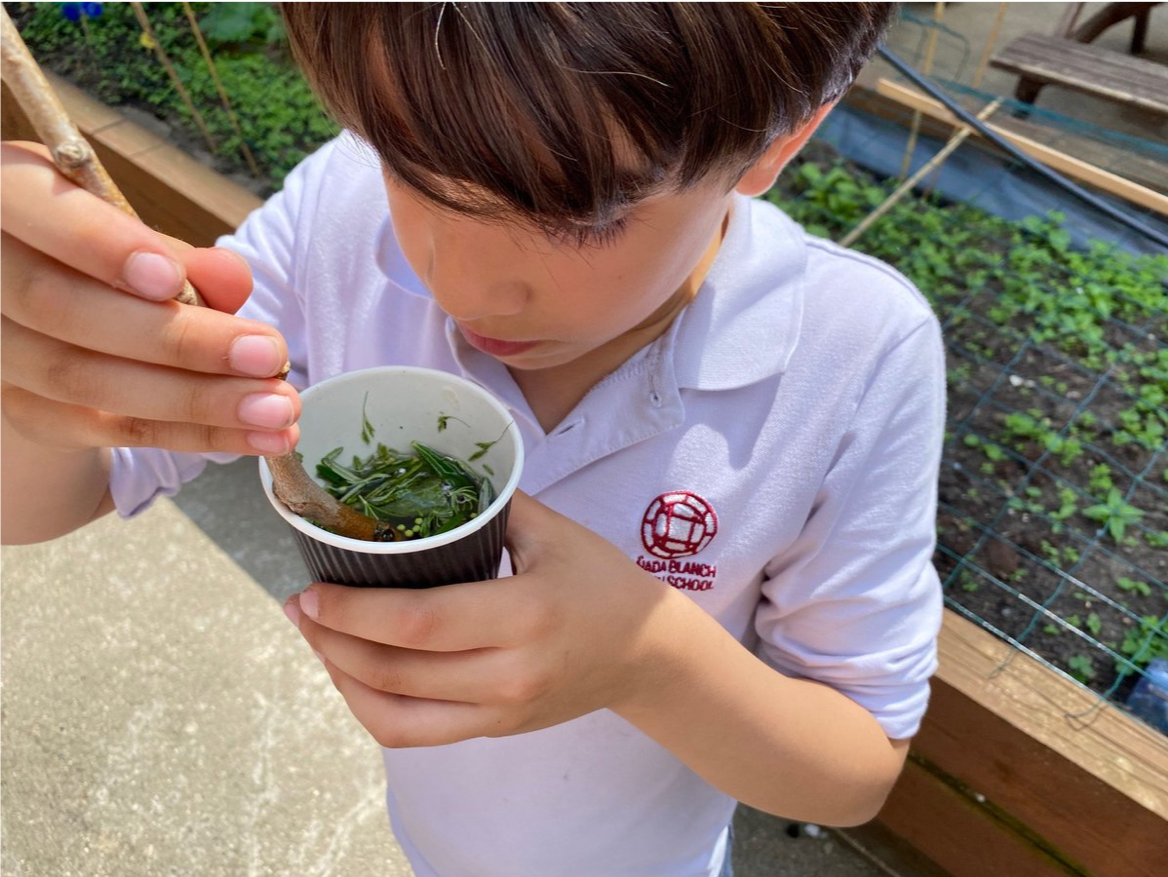
Thames Chase Trust, Pike Lane
Upminster, Essex RM14 3NS
01708 642970
landofthefanns@thameschase.org.uk